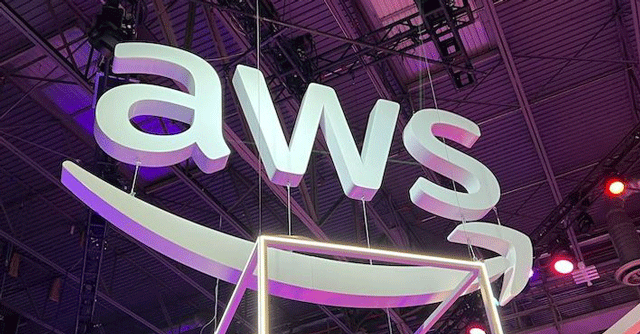
AWS to expand AI, cloud offerings to help businesses adopt GenAI


With India targeting a $1-trillion digital economy by the end of this year, Indian enterprises are poised to reach new heights through generative AI (GenAI) technology, said Sandeep Dutta, President of India & South Asia at AWS.
Dutta mentioned this during the keynote address at the Amazon Web Services (AWS) Summit Mumbai 2025, held on June 19 at the Jio World Convention Centre in the city. He believes that GenAI is not merely another technological trend but a force that will fundamentally reshape business operations.
Dutta said that AI technologies possesses significant potential to transform business processes. By leveraging GenAI, businesses are already generating entirely new content, automating various tasks, and expediting processes across multiple sectors.

"To step up the game, AWS is and will continue to expand its AI and cloud offerings, including Amazon Bedrock and Nova models, to support generative and agentic AI adoption to help businesses scale and innovate," he noted.
Additionally, Dutta announced that AWS plans to launch the AWS Marketplace in India later this year. This platform will incorporate India-specific features, allowing users to transact with sellers in Indian rupees. He further indicated that it will support net banking, credit cards, and UPI.
The event also saw AWS publishing a new research report, conducted in collaboration with Access Partnership, which indicates that the adoption of Gen AI in India experienced significant growth in the last 12 months.

Unveiling the report, Satinder Pal Singh, head of solution architecture at AWS India and South Asia, said that AWS is enabling GenAI adoption across industries, including startups as well as SMBs, not just the larger players.
Singh said that organisations in India that are successfully transitioning Gen AI from experimentation to full-scale implementation, providing actionable strategies to enhance business value.
For example, Zomato has reduced image processing time from 48 hours to just 8 hours, and decreased rejection rates from 75% to 20%. This advancement allows partners to launch menus five times more quickly.

A key finding reveals that 83% of organisations in India have appointed a dedicated AI executive, specifically a Chief AI Officer (CAIO), to facilitate adoption and manage the complexities of implementation, with an additional 15% intending to do so by 2026.
While Chief Executive Officers (CEOs), Chief Technology Officers (CTOs), and Chief Innovation Officers (CIOs) currently spearhead most generative AI innovation initiatives, leadership structures are adapting to meet emerging demands, thereby creating this new career opportunities for AI-skilled professionals at the highest organisational levels.
Earlier this year, AWS reiterated its commitment to India, highlighting its regional operations in Mumbai and Hyderabad, as well as a proposed investment of $16.4 billion by 2030. Singh stressed the importance of upskilling, noting that 5.9 million Indians have been trained in AI as part of this investment strategy. He also pointed out the crucial role of partnerships—with government, business, and academia—and the trust of customers in enabling this transformation.

